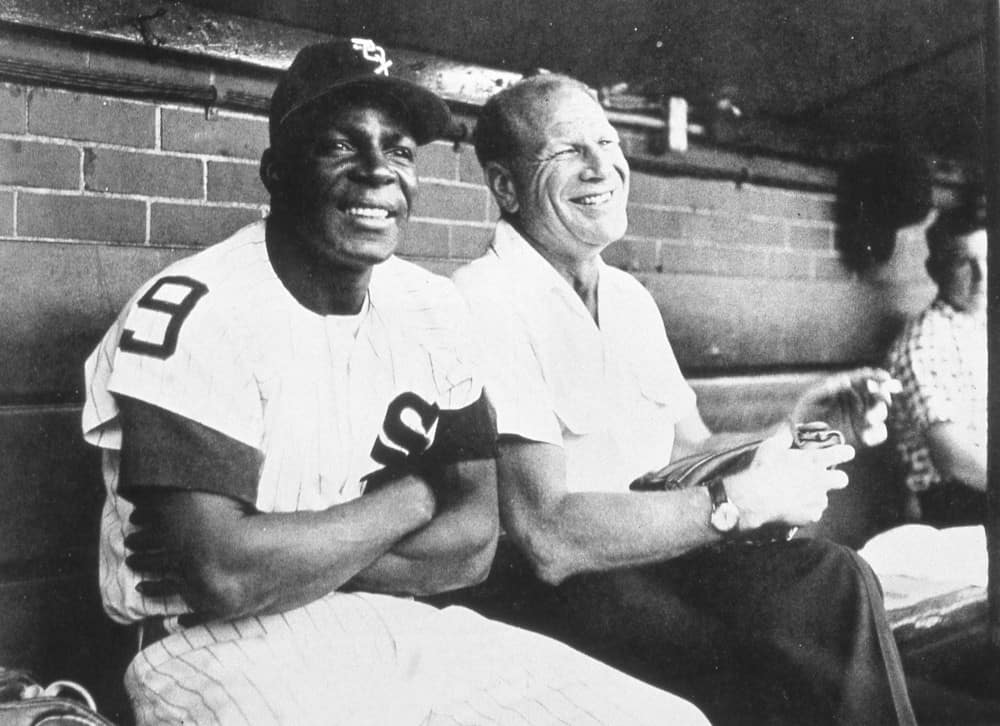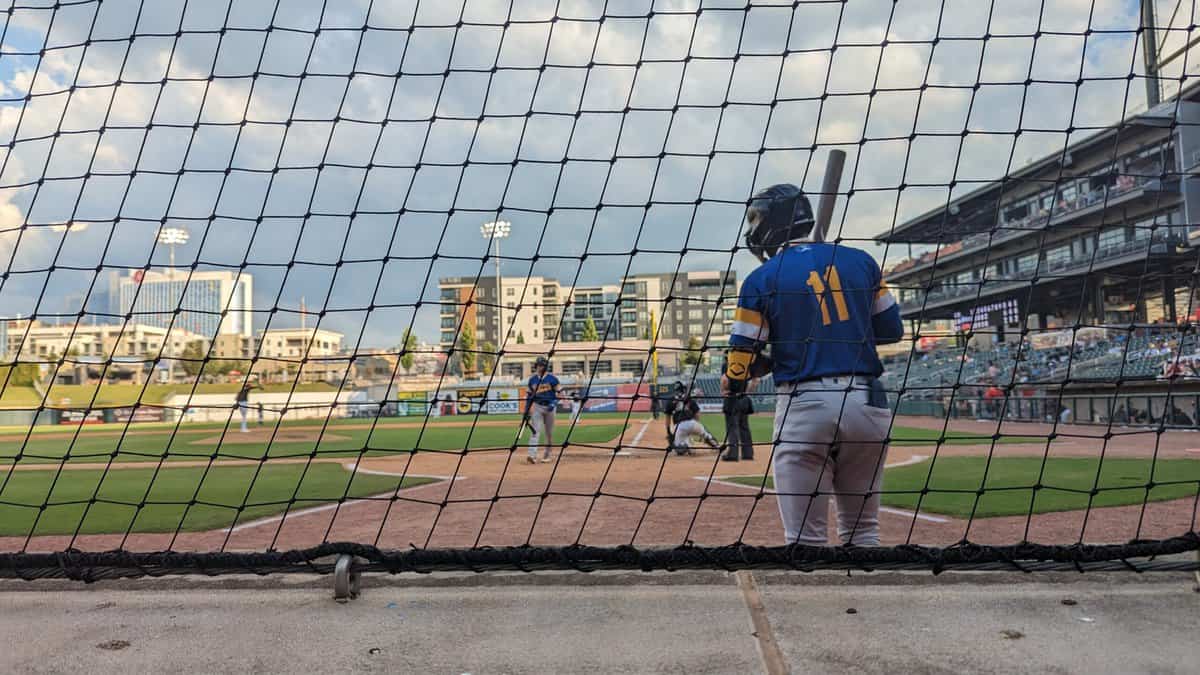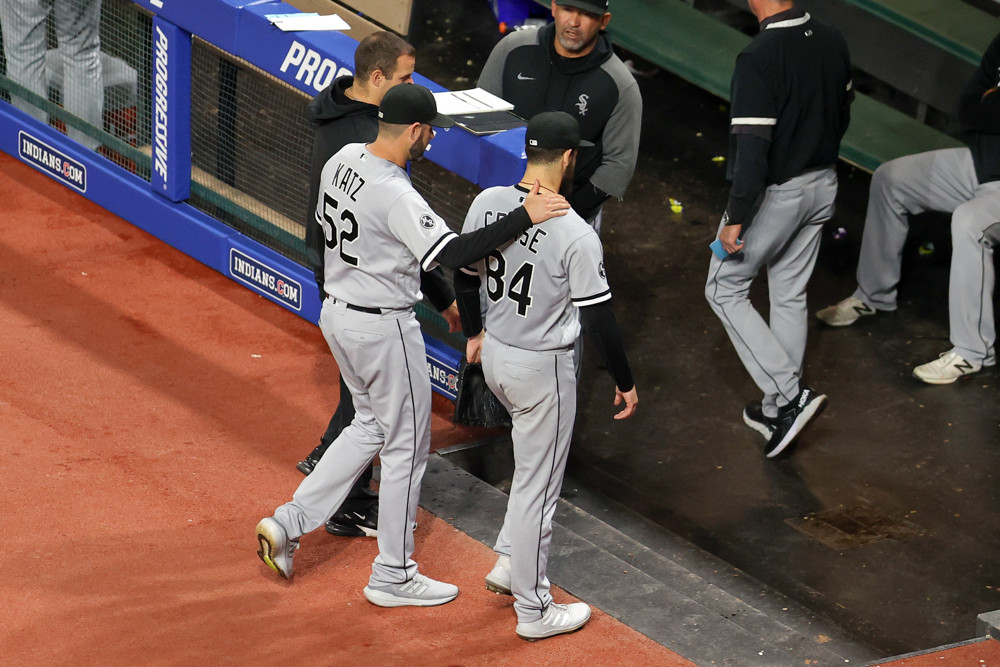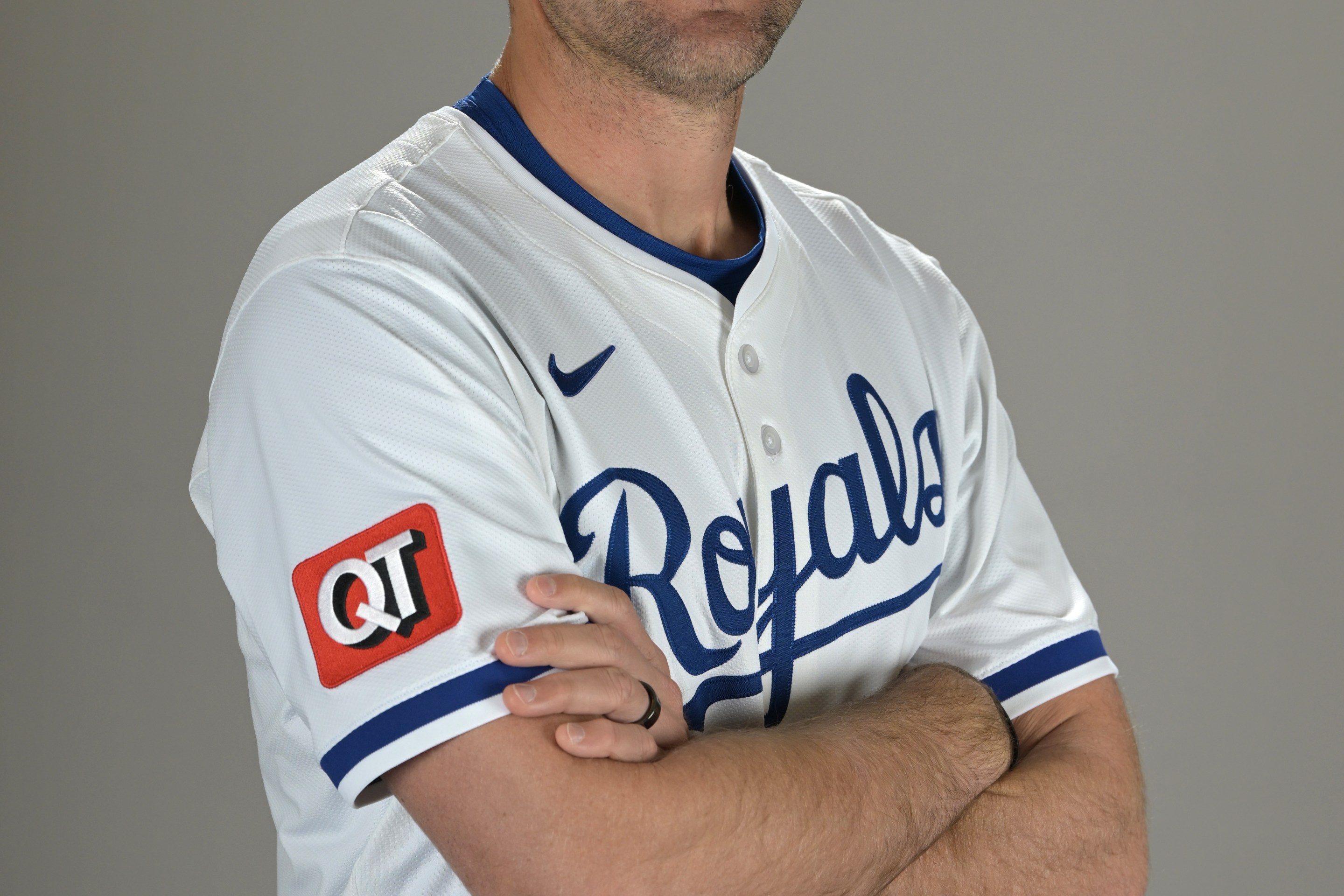Here's the second part of the P.O. Sox mailbag, circling back to some questions that would've made the first installment twice as unwieldy. As always, thanks for your support.
Thoughts on the Phoenix Suns and Mercury moving to a broadcast TV distribution versus though a RSN and per subscriber fees.
I know at the moment the Suns are blocked via lawsuit, but the Mercury appear to be moving forward with broadcast this season. With the Diamond bankruptcy, could we see more teams move towards this? I get the sense teams will try to milk the cable bundle for every last penny they can until the ride is done.
Also, I would be curious to see how much the Diamond bankruptcy affects free agency this offseason. Is it possible this affected Ian Happ to take an extension with the Cubs versus going to free agency?
-- Tim
Major League Baseball formed an economic study committee to start working on this back in February, and Rob Manfred outlined his vision in April.
“To the extent that we’re smart and end up with flexibility on the digital side, we’re going to massively increase the number of people who have access to those games, that’s really important,” Manfred said. “There will be this kind of hybrid model out there for a few years. I think that what will happen on the cable side is, what they pay for baseball will go down. It will be cheaper for the cable provider. In return, we’ll get digital flexibility so that we can reach fans that are outside the bundle. And I think, all in all, it will result in fans being more able to watch the game, and watch the game on platforms that they want to be on.”
Because teams' deals will expire on different timelines, it seems like there's going to be a lengthy transition period, and maybe a trial-and-error phase, too. The question I have is whether new economic disparities will arise if a streaming service wants to claim the Yankees or Dodgers, but not the Orioles or Rockies, because owners have the freedom to pursue their own deals. Cable deals weren't anything close to a level playing field, and streaming could be worse if Amazon or Apple are big-footing their ways in for select teams.
As for free agency, it's possible that the market could slow. That'd make the White Sox's financial retreat even more frustrating, because they're the only team in the AL Central that isn't tied up in the Diamond mess, so they're missing yet another way to exploit the differences in markets.
Never mind Hahn retaining his position despite a track record of failures, what about Chris Getz? The upper minors are a train wreck under his watch thanks to years of bad drafts and stalled development. Is there any chance he gets axed?
-- Trooper Galactus
Yeah, I don't see anything that makes him special. You could argue that any farm director wouldn't be in a position to succeed given the White Sox's issues acquiring talent, but that's a better argument to fire everybody, not keep Getz, because the White Sox were so far behind that they could make playing catch-up look like progress, and that just wastes more years. My bigger concern that's specific to Getz involve the hiring and firings of Omar Vizquel and Wes Helms, both of which show some real shortcomings as an administrator.
Getz just got promoted to assistant GM a couple years ago, and he and Hahn are both Michigan Men, so I don't think any referendum is coming. I think they'd chalk it up to injuries to Colson Montgomery, Bryan Ramos and Noah Schultz and try again next year. But I dunno -- if you state the goal as sustainability, and the pipeline dries up after one divisional title, you'd think you'd be pretty upset about failures at the top and bottom.
Why haven’t the White Sox been able to develop a credible second basemen? Nick Madrigal was a high draft pick but was marginal at best. The Dodgers, Rays, and Braves have had better records but have been able to identify and draft players on a consistent basis. Is this an organizational philosophy or a developmental problem for the White Sox?
-- Sean T.
Just like with George's question the last time around, I could default to talent identification and development, but let's try to get a little bit more specific.
With regards to the development part, it seems this glut of middle infielders -- Romy González, Lenyn Sosa, Yolbert Sánchez and José Rodríguez -- should result in at least one 2 WAR second baseman. I think we can eliminate Sánchez, who just doesn't make his contact quantity matter with his contact quality. Rodríguez needs time to wend his way through the combination of the hand injury, mechanical changes and the Southern League ball, but he has time (and very recent progres) on his side. As for González and Sosa, that's when you get back to the White Sox's issues with controlling the strike zone. I still like Sosa, but his adjustment period has been difficult to watch.
Potentially exacerbating the situation is that the Sox just don't prioritize the position. Madrigal was their one attempt to address it once and for all, but otherwise they seemed content to punt it to extra, low-ceiling infielders year after year. Here's the list of White Sox second basemen over the last three years, in order of games played:
- Josh Harrison, 90
- Leury García, 83
- Nick Madrigal, 53
- César Hernández, 53
- Romy González, 41
- Danny Mendick, 34
- Lenyn Sosa, 26
- Elvis Andrus, 20
- Hanser Alberto, 11
- Andrew Vaughn, 3
- Jake Burger, 3
The tally:
- 1 player that reflected some sort of ambition
- 1 legitimately interesting prospect who has yet to establish himself
- 2 third-day overachievers
- 2 laughably out of position
- 5 one-year contract guys
The Sox neither threw money at the problem, nor rifled through all potential options through trades or waivers. García and Mendick were passable for stints here and there, and that's all the White Sox needed to see to think about other positions, which they also didn't solve.






